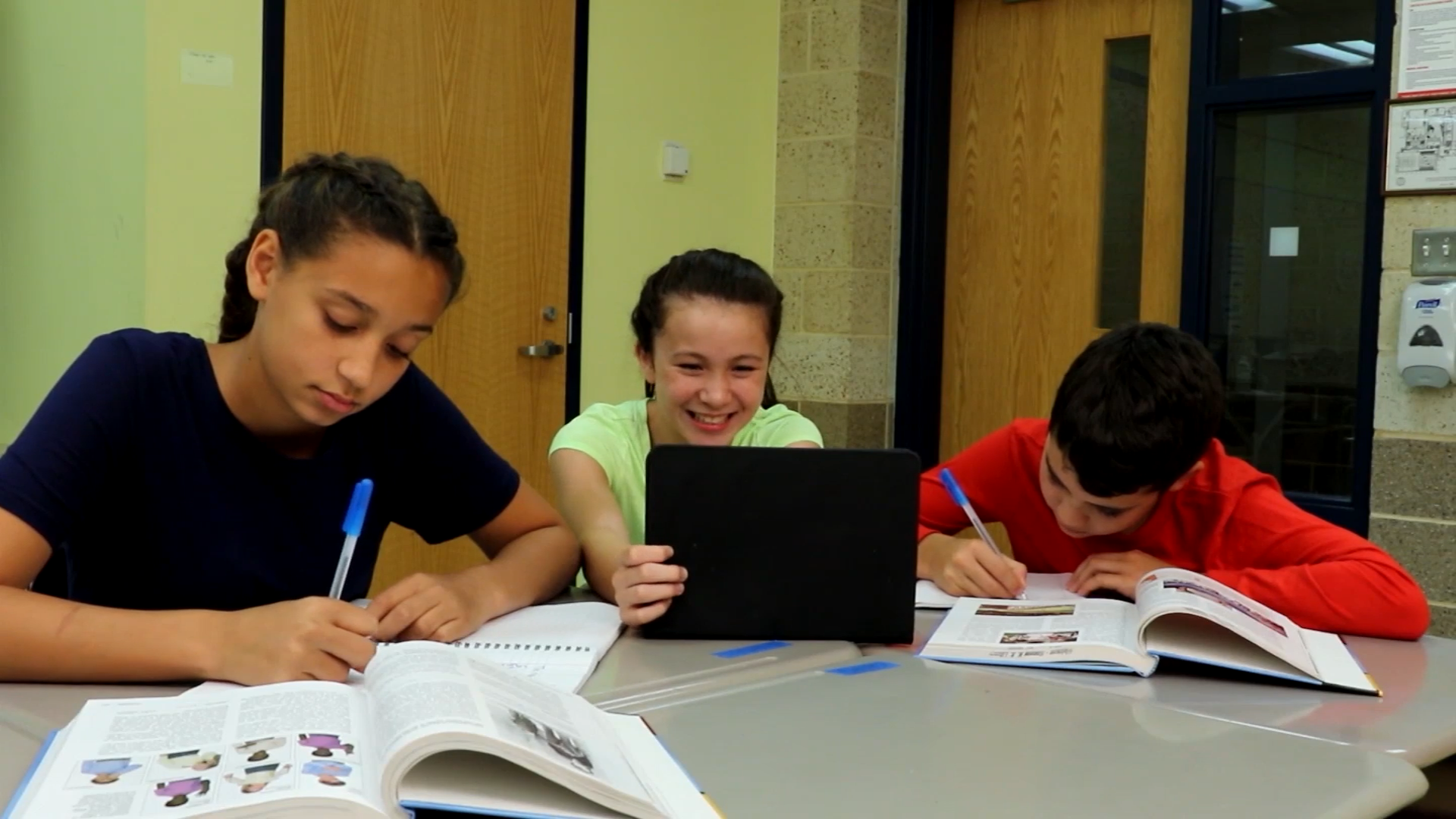Introduction
As educators, we understand the importance of teaching our students not only academic skills but also essential social skills. One such skill is the ability to read the room, which involves perceiving the situation, understanding the actions of others, and adjusting one’s behavior accordingly. This skill is crucial for middle school students, as it enables them to navigate various social situations effectively and build positive relationships with their peers.
No-Prep Activity: The Observant Owl
This activity requires no preparation or materials from the educator and is designed to help students practice reading the room. The objective is to improve their observation skills and adapt their behavior based on the situation.
- Ask students to form a circle and designate one student as the “observant owl.”
- The observant owl will leave the room for a minute while the remaining students decide on a specific action or behavior they will all perform (e.g., tapping their noses, crossing their arms, or humming a tune).
- Invite the observant owl back into the room. Their task is to observe the other students and identify the common action or behavior.
- Once the observant owl identifies the action or behavior, they will join the group in performing it.
- Rotate the role of the observant owl until all students have had a chance to practice their observation skills.
This activity helps students become more aware of their surroundings, understand the importance of observing others, and adapt their behavior accordingly.
Discussion Questions
- Why is it important to read the room and adapt our behavior in different situations?
- Can you think of a time when you didn’t read the room well? How did it affect your interactions with others?
- What strategies can you use to improve your ability to read the room and adjust your behavior accordingly?
- How can reading the room help you build better relationships with your peers?
- What challenges might you face when trying to read the room, and how can you overcome them?
Related Skills
Beyond reading the room, there are other essential social-emotional learning skills that middle school students should develop. Some related skills include:
- Active listening: Developing the ability to genuinely listen to others, understand their perspective, and respond appropriately.
- Empathy: Cultivating the capacity to recognize and share the feelings of others, which can lead to more compassionate and supportive interactions.
- Effective communication: Learning how to express oneself clearly and assertively while also respecting the opinions and feelings of others.
- Conflict resolution: Acquiring the skills to address disagreements and resolve conflicts in a constructive and respectful manner.
Next Steps
If you’re interested in exploring more activities and resources to help middle school students develop their social-emotional learning skills, including reading the room and adapting their behavior, we invite you to sign up for free samples at Everyday Speech. By incorporating these valuable resources into your teaching, you can support your students in becoming well-rounded individuals capable of navigating the complexities of social interactions and building strong relationships.






